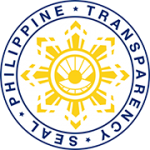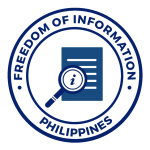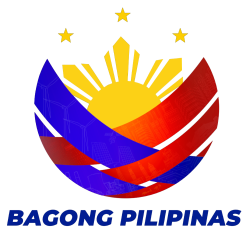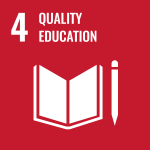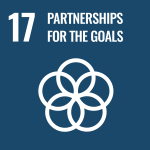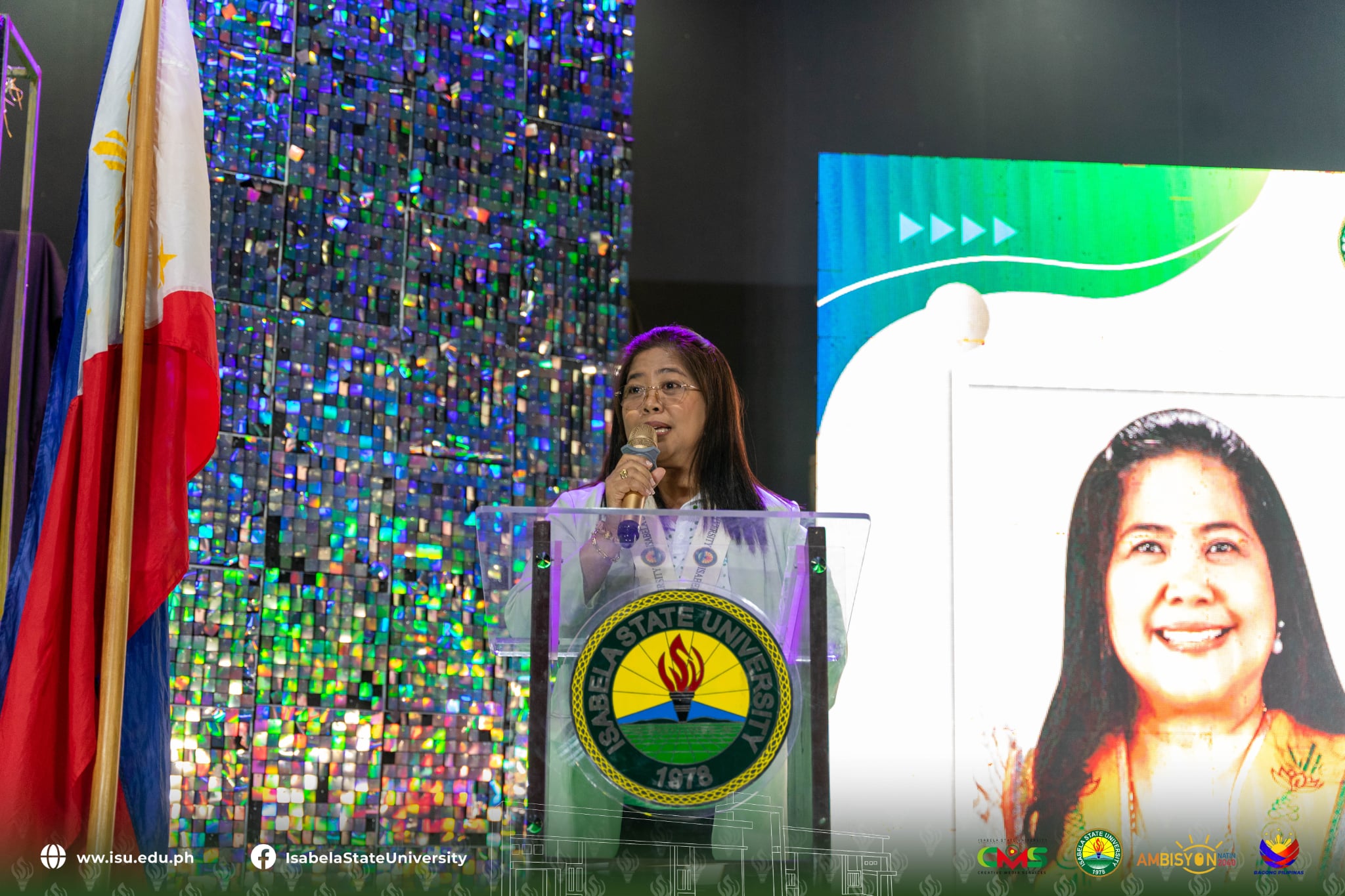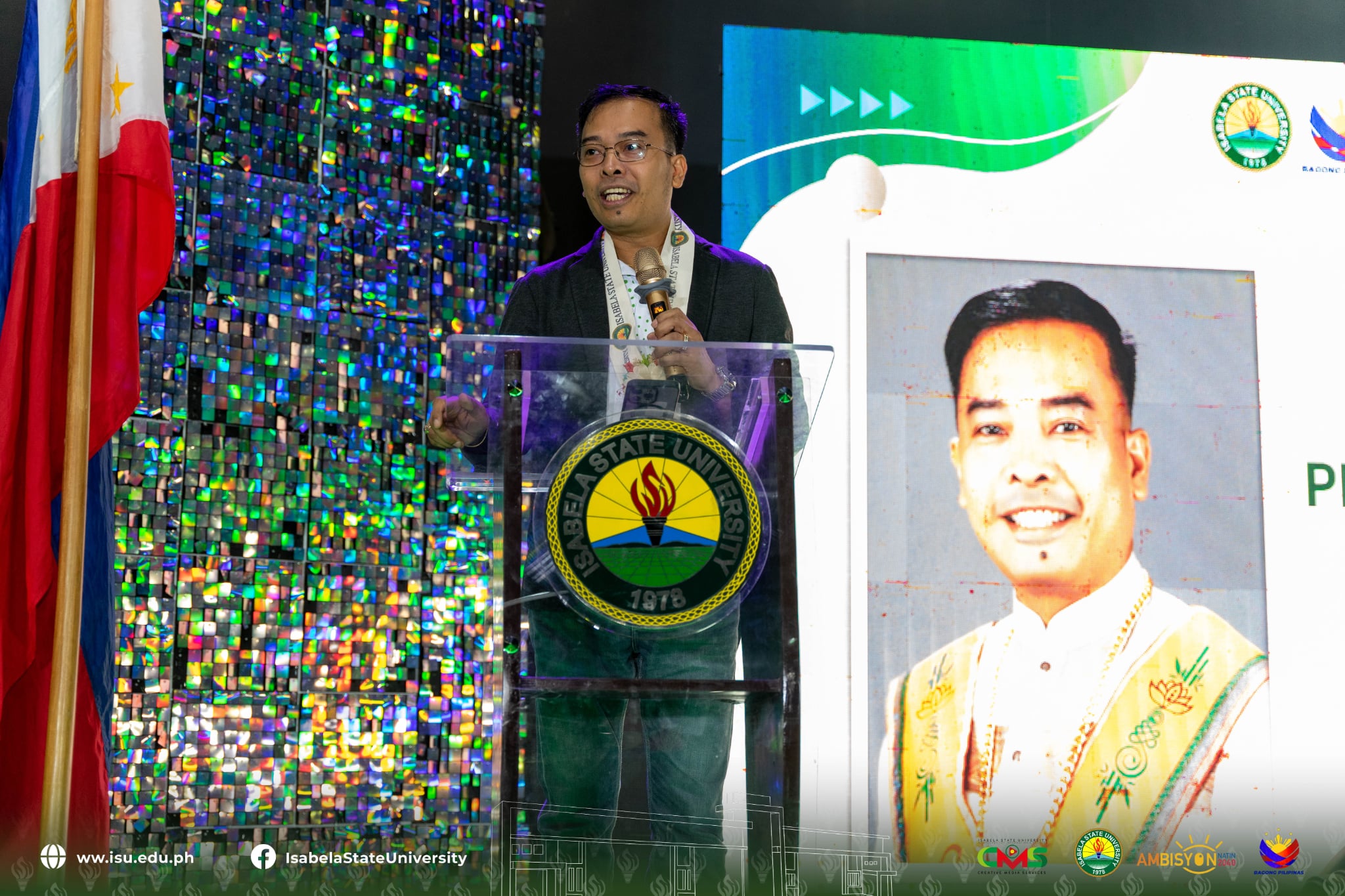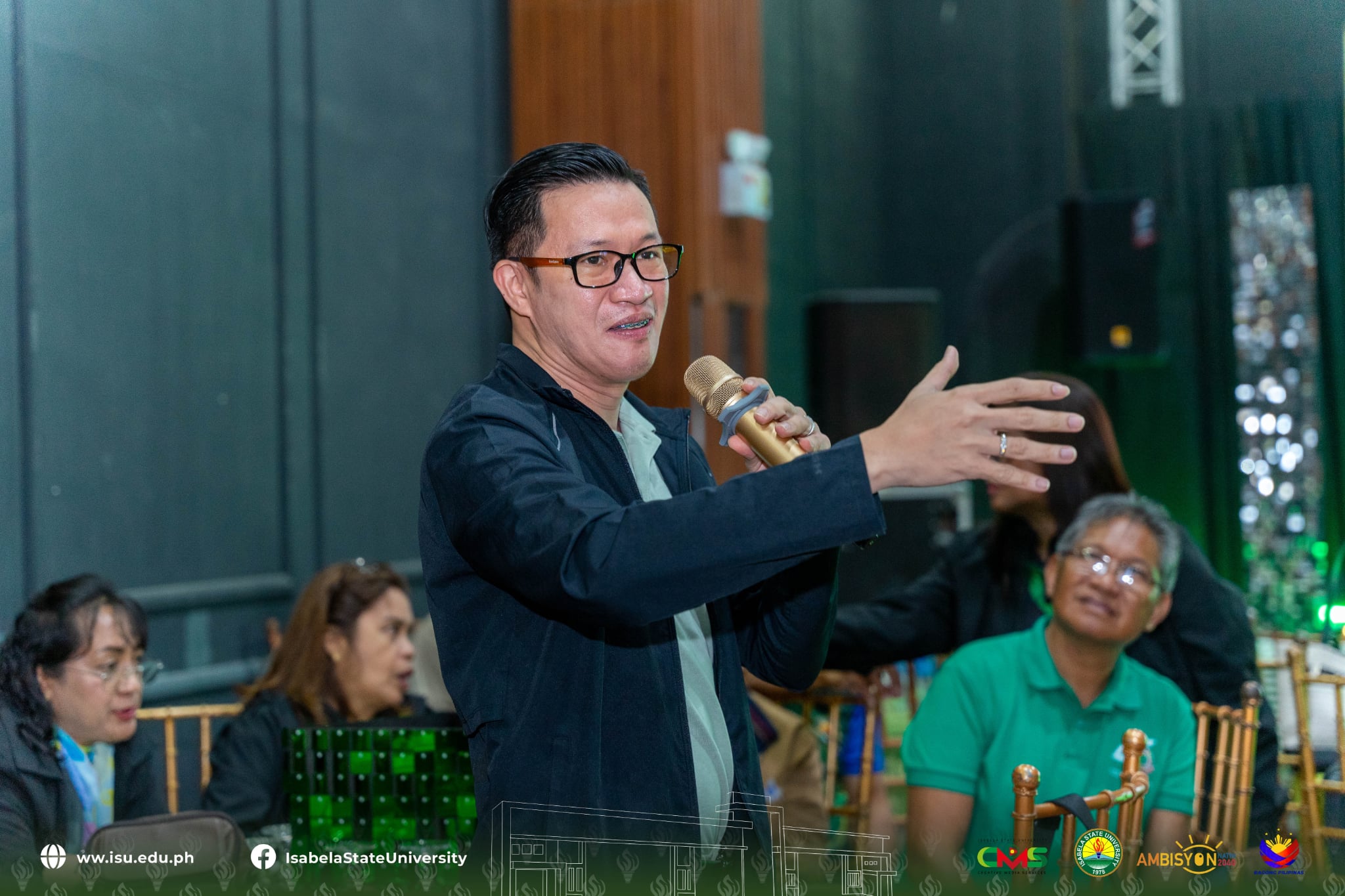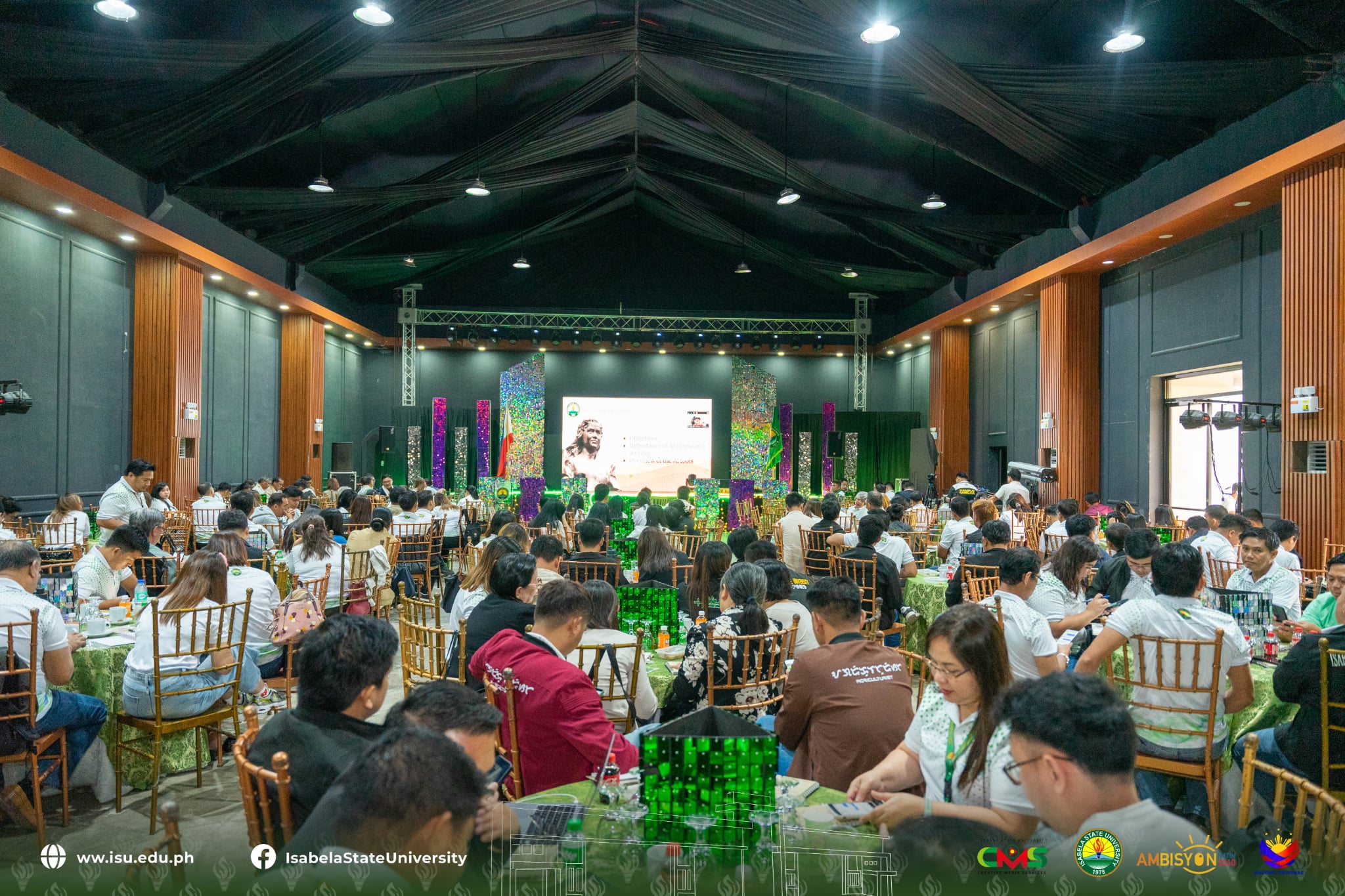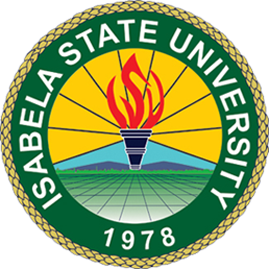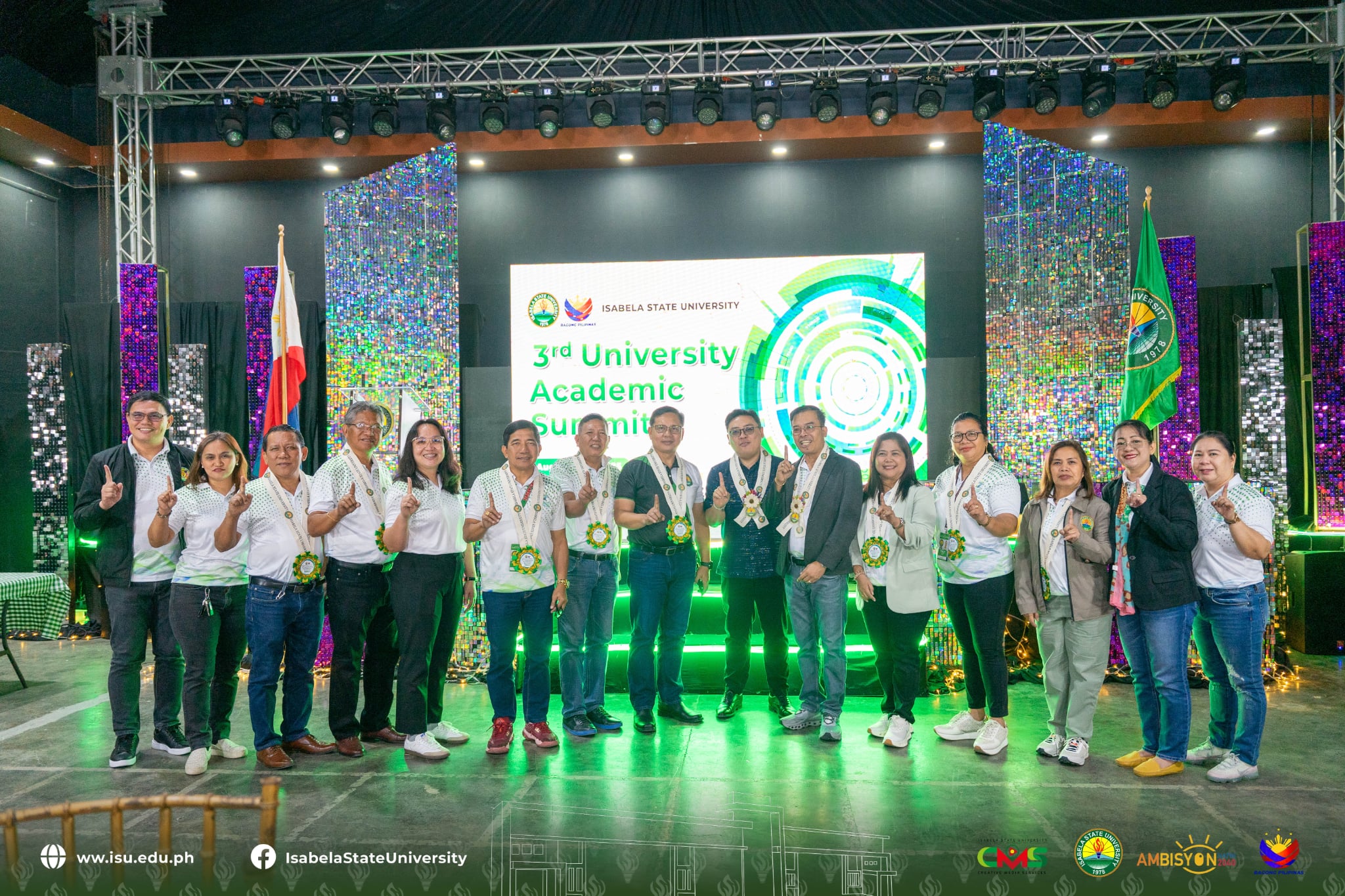
Isabela State University (ISU) convened its 3rd Academic Summit from August 14-15, 2025, gathering faculty members, academic administrators, and experts from across the ISU system to discuss innovations in curriculum development and the responsible use of artificial intelligence (AI) in higher education.
Held at the Boulevard Town Square in Cauayan City, the two-day summit spearheaded by the Office of the Vice President for Academic Affairs aimed to equip participants with the competencies to design competitive and well-balanced curricula, adopt forward-looking pedagogical practices, and leverage AI ethically to improve learning outcomes. This latest academic engagement underscores ISU’s long-standing commitment to providing quality, accessible and transformative education.
In her welcome message, Dr. Precila C. Delima (Vice President for Academic Affairs) emphasized that the summit serves as more than a simple meeting of minds but a venue for reflection, growth, and renewed commitment toward academic excellence.
“This academic gathering is more than the meeting of minds. It is a space where we reflect our achievements, our challenges, and commit ourselves to even higher standards of academic excellence,” Dr. Delima said.
She further encouraged the delegates to inspire change, cultivate transformative ideas, and shape education in ways that genuinely make a positive impact on society.
Dr. Boyet L. Batang (University President) also graced the opening ceremony and delivered a keynote message highlighting the importance of academic innovation, collaboration, and ethical practice.
“Our vision forward is that as we look beyond this summit, we envision Isabela State University [as] a University without borders, where knowledge flows freely within disciplines…a hub of sustainable solutions where our work is recognized not only for academic merit but for tangible societal benefits,” Dr. Batang shared.
He urged the participants to treat the summit as a turning point for the University to boldly and collectively take the lead in navigating contemporary academic challenges.
First Session Highlights: Academic AI Writing and Zotero Walkthrough
The first session featured Dr. Alexis John M. Rubio (Program Coordinator for MIT, MIS, and DIT and Compliance Officer for Privacy at the University of the East). Dr. Rubio presented the “Academic AI Writing Toolkit” and demonstrated practical ways of using digital tools in research and instruction. In addition, he provided a virtual walkthrough of Zotero, emphasizing its value in literature organization, citation generation, and research collaboration.
Key takeaways from his session emphasized ethical considerations in the use of AI:
- Always fact-check and verify AI-generated content before use;
- Observe research ethics, including originality, accuracy, and proper attribution;
- Maintain transparency by disclosing the use of AI tools in academic work; Promote AI literacy through awareness seminars and training;
- Establish institutional guidelines and policies on AI use; and
- Use AI as a supportive tool, not a replacement for high-quality scholarship.
“Ang goal natin is to share that knowledge, to disseminate the knowledge that we have, to pass down information that was passed down to us,” Dr. Rubio stressed, championing responsible AI knowledge sharing within academic communities.
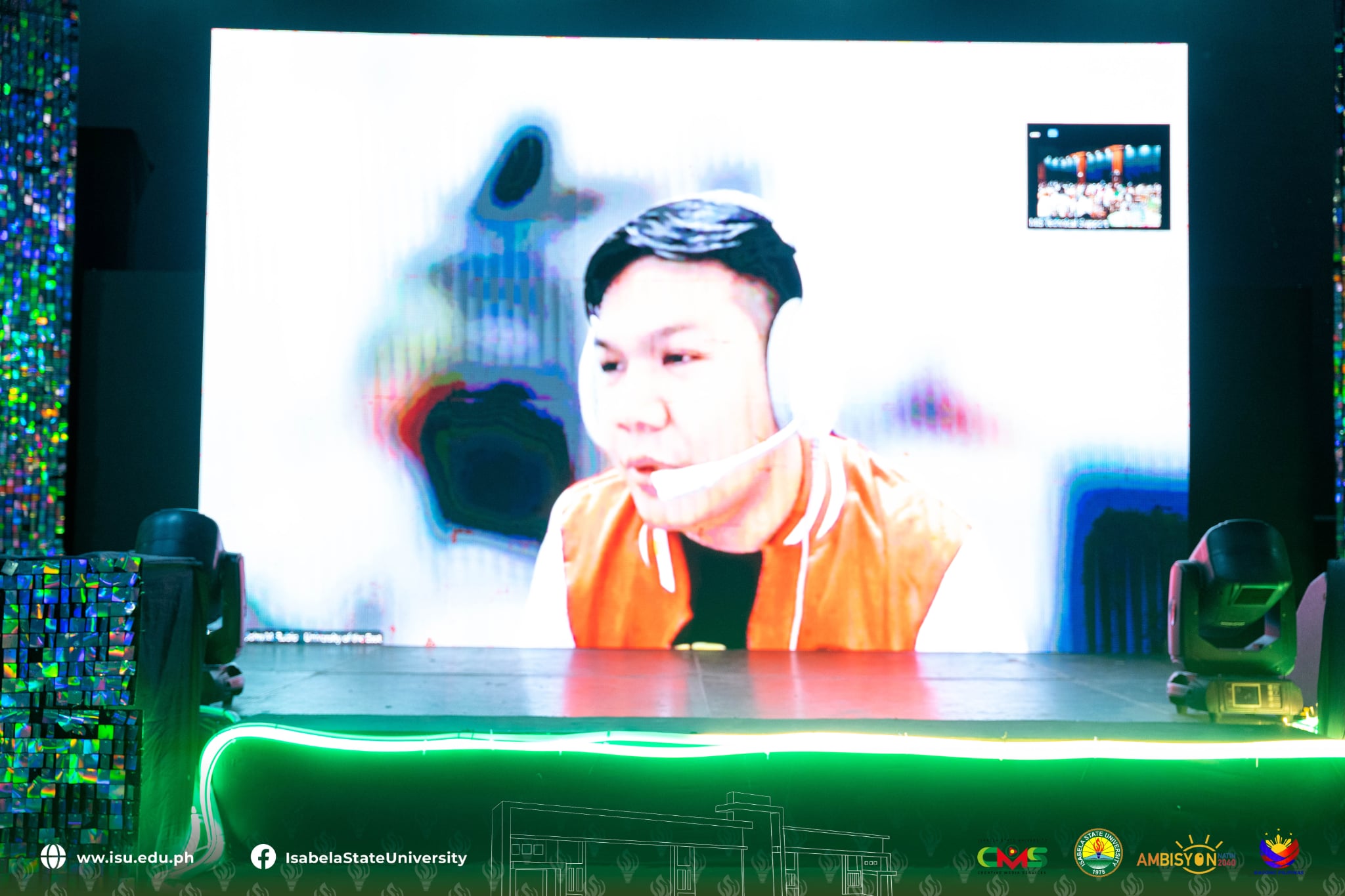
Second Session Highlights: Student Workload-Based Curriculum Planning
Prof. Dr. Richard B. Jugar (Special Advisor to the Executive Director of the ASEAN University Network (AUN) and Director of EPIC Development at the University of San Carlos), led the session on “Student Workload-Based Curriculum Planning and Implementation with Authentic Assessment Integration.” His comprehensive lecture and hands-on workshop provided participants with practical methods to align learning outcomes with student workload and capacity.
Among the major points discussed were:
- The importance of instructional specificity, reflection-driven practice, and accountability;
- Promoting learner well-being through well-balanced course loads and student autonomy; and
- Establishing standardized crediting mechanisms to support independent learning and student mobility.
“An outcome that is not assessed, is an outcome that does not exist,” Dr. Jugar emphasized, highlighting the importance of connecting outcomes with assessment.
On the second day of the summit, Dr. Jugar returned to conduct a deeper exploration of course-tiering frameworks and authentic assessment. Participants engaged in a hands-on Course Tiering Exercise and learned practical strategies for designing assessments that genuinely reflect student competencies and real-world application.
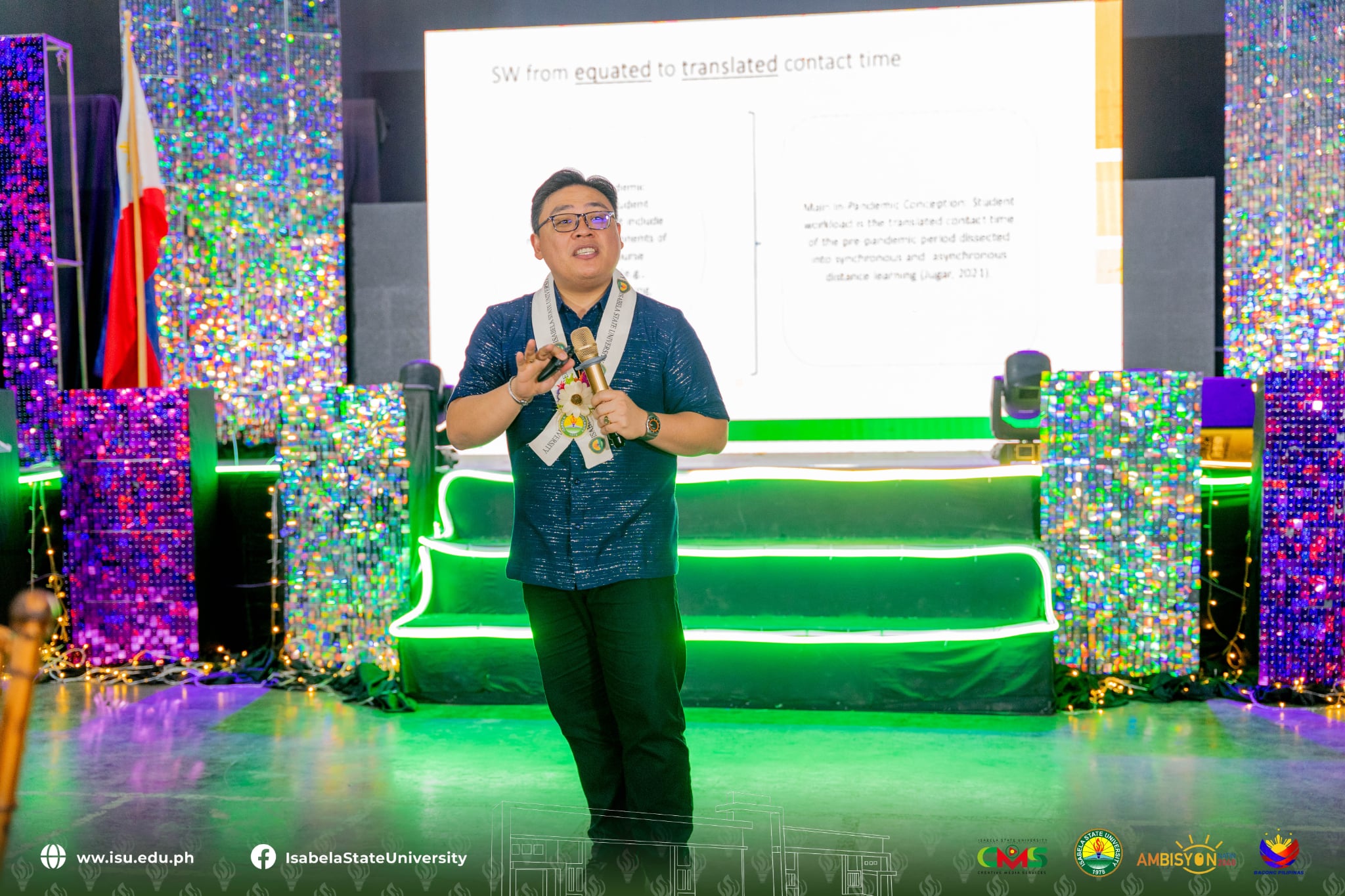
Closing Program and Next Steps
The summit concluded with a firm commitment among participants to put into practice the strategies and frameworks shared throughout the two-day engagement. The discussions on curriculum rationalization, balanced student workload, course tiering, and ethical AI integration provided faculty members and academic leaders with actionable insights and renewed motivation toward enhancing teaching and learning across all ISU campuses.
Before closing, it was announced that the 4th University Academic Summit will be hosted by ISU Cabagan Campus next year, signaling ISU’s continuous effort to uphold and advance academic excellence across the institution.

